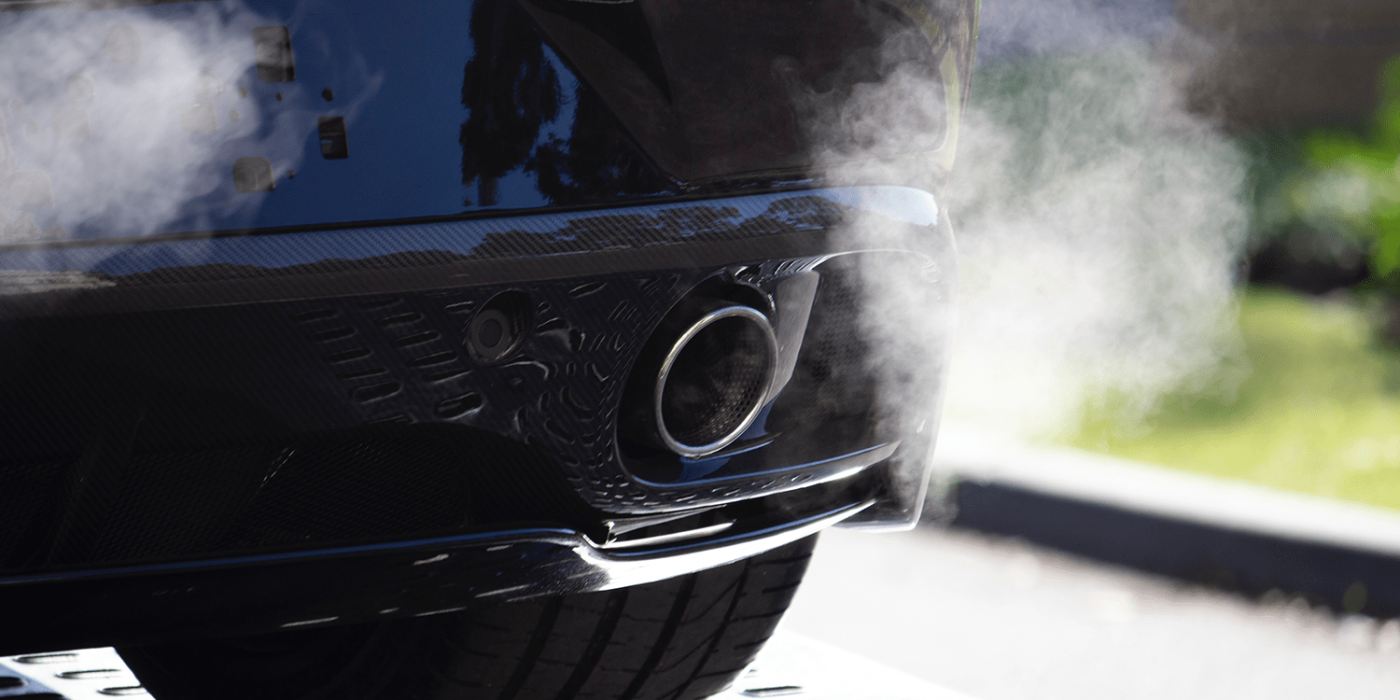COP26: 30 nations & 11 carmakers want to exit combustion transit
At the World Climate Conference in Glasgow, 30 countries, 11 carmakers and other partners issued a joint declaration to move away from the internal combustion engine. The goal is to be emission-free worldwide for passenger cars and LCVs by 2040. But some of the signatories have already set themselves stricter targets.
According to the British government, the signatories declare: “Together, we will work towards all sales of new cars and vans being zero-emission globally by 2040, and by no later than 2035 in leading markets”. The attached footnote says that “this declaration is not legally binding and focused on a global level” and notes that the term zero-emission relates to greenhouse gas emissions at the tailpipe.
The following countries have signed the declaration: Austria, Azerbaijan, Cambodia, Canada, Cape Verde, Chile, Croatia, Cyprus, Denmark, El Salvador, Finland, Iceland, Ireland, Israel, Lithuania, Luxembourg, Netherlands, New Zealand, Norway, Poland, Slovenia, Sweden and the United Kingdom. Among the emerging nations to sign are the Dominican Republic, Ghana, India (with a large note that: “two-wheelers and three-wheelers constitute more than 70% of global sales and more than 80% in India. All governments should also support the transition of these light vehicles to zero-emission vehicles”), Kenya, Mexico, Morocco, Paraguay, Rwanda, Turkey, and Uruguay
Among the carmakers are GM, Ford, Mercedes, BYD, Volvo and Jaguar Land Rover, according to the UK government. In addition, 40 cities, states and regions, 27 fleets and 13 investors “with significant shareholdings in automotive manufacturers” as well as the financial institutions Aviva and NatWest and 17 other signatories have signed up to the targets.
Among other qualifying statements, the declaration reads: “Collectively, we commit to supporting a global, equitable and just transition so that no country or community is left behind. Where we represent leading markets, we will work to strengthen our international support offer for developing countries, emerging markets, and transitional economies – including, where applicable, through technical assistance, finance, and capacity building.”
However, the impression is that meeting the targets set out in the declaration will not be an insurmountable hurdle for some signatories: Some countries have already decided to phase out internal combustion vehicles before 2040 – most recently Greece joined this week with the target year of 2030.
On the part of the carmakers, too, it is mainly the companies that have already announced such plans that have signed the declaration. Volvo wants to sell only electric cars from 2030, Mercedes is also aiming for the end of the decade – but with the conditional loophole of “where market conditions permit”. Ford has also announced the switch to an all-electric car range for 2030, at least for Europe – globally, Ford and GM are planning 40 to 50 per cent electric cars by 2030. JLR wants to make Jaguar a pure EV brand as early as 2025, and the target for Land Rover has so far been set at 2036.
In its own statement, Volvo confirms that it has signed the declaration – and immediately adds its own, stricter targets. Accordingly, the Swedish company wants to introduce an internal CO2 price of 1,000 Swedish kronor (about 101 euros) per tonne of CO2 across all business units. With this measure, Volvo wants to reduce its own CO2 emissions even faster.
This internal price is “intentionally set significantly higher than recommended by organisations such as the International Energy Agency”, the Swedish company said. “A global and fair price on CO2 is critical for the world to meet its climate ambitions, and we all need to do more,” demands Björn Annwall, Chief Financial Officer (CFO) at Volvo Cars. “We strongly believe progressive companies should take the lead by setting an internal carbon price. By evaluating future cars on their CO2-adjusted profitability, we expect to accelerate actions that will help us identify and reduce carbon emissions already today.”
Interestingly, although Volvo signed the declaration, Polestar, a Volvo subsidiary, criticised it. “Car companies are still talking about selling petrol and diesel cars until 2040,” says Polestar CEO Thomas Ingenlath. “If you consider the lifetime of a car, they will still be driving and polluting in the second half of the century. They are thus delaying one of the most effective climate protection solutions available to us.”
According to Ingenlath, it is “not the time for incremental change, but for radical change”. “Building and selling electric cars is not the end, but the beginning,” the German manager said. “We need to pay at least as much attention to creating a clean supply chain and eventually recycling.”
Separate from the declaration on passenger cars and light commercial vehicles, 15 countries want to make it possible for only zero-emission new trucks and buses to hit the roads from 2040, according to a joint declaration of intent. The interim target for 2030 is an emission-free share of 30 per cent. The signatory countries are Austria, Canada, Chile, Denmark, Finland, Luxembourg, the Netherlands, New Zealand, Norway, Scotland, Switzerland, Turkey, the United Kingdom, Uruguay and Wales.
gov.uk, volvocars.com, reuters.com, globaldrivetozero.org (trucks and buses), gov.uk (UK govt. declaration)





0 Comments